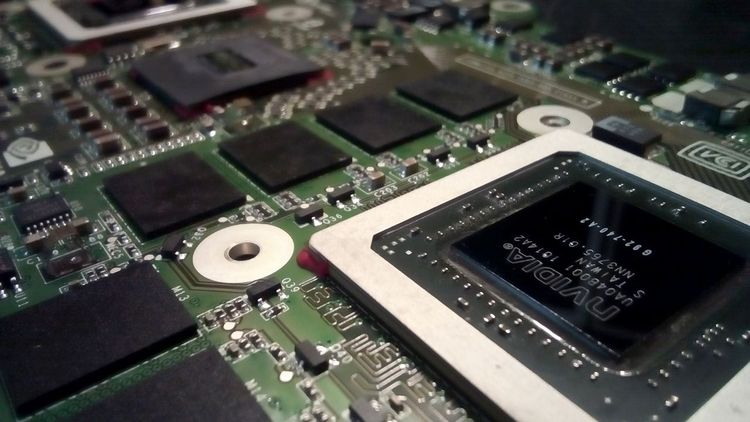US Tightens AI Chip Export Restrictions to China: New Measures to Control Technology Transfer
Most people like

Discover how AI-driven chatbots are revolutionizing customer service by providing instant support, personalized interactions, and 24/7 availability. These innovative tools not only streamline communication but also enhance customer satisfaction and engagement. Explore the benefits of integrating AI-powered bots into your customer service strategy and stay ahead in today's competitive landscape.

Noota is an advanced AI assistant designed to streamline your workflow by automating note-taking and producing comprehensive meeting reports effortlessly.

In today's rapidly evolving educational landscape, students face unique challenges when it comes to writing assignments and ensuring academic integrity. With the rise of artificial intelligence tools, it's crucial to have reliable AI detectors that can identify AI-generated content while also utilizing advanced AI rewriters that enable students to create original, high-quality work without detection. This powerful combination empowers learners to enhance their writing skills and maintain their academic integrity, all while navigating the complexities of modern education.

Transform Your Social Media Videos with AI-Powered FaceSwap Technology
Unlock the power of AI by seamlessly swapping faces in your social media videos. Enhance your content and engage your audience like never before with our innovative FaceSwap tool. Discover how easy it is to create shareable, entertaining videos that capture attention and boost interactions across platforms.
Find AI tools in YBX



